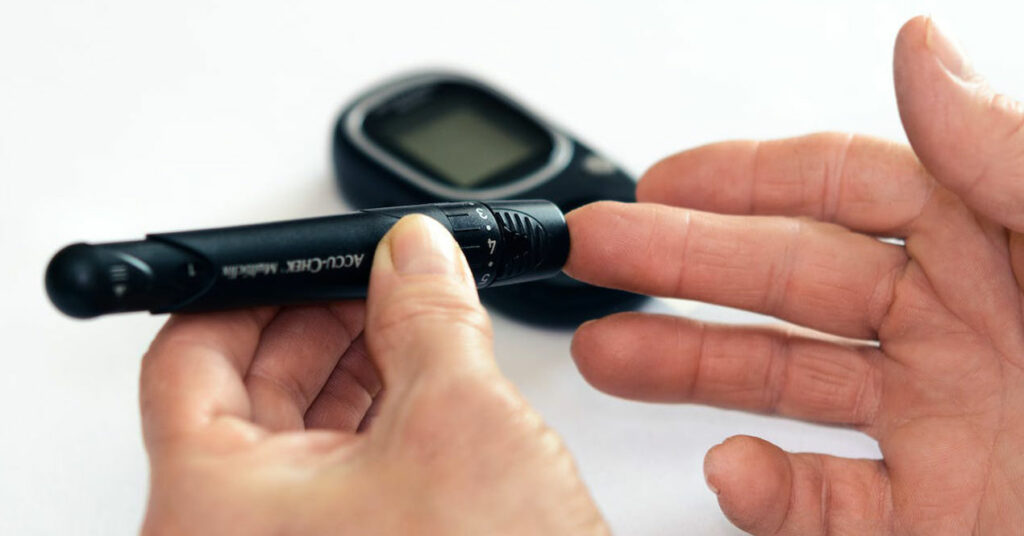Ozempic is a popular weight loss drug that has been taking the world by storm. It is a GLP-1 receptor agonist, which means that it works by mimicking the effects of a naturally occurring hormone called glucagon-like peptide-1 (GLP-1). GLP-1 is a hormone that helps to regulate blood sugar levels and appetite.
Ozempic has been shown to be very effective for weight loss. In clinical trials, people who took Ozempic lost an average of 10% of their body weight over the course of a year.
However, a new study has found that Ozempic may also have some serious side effects. The study, which was published in the journal JAMA, found that people who took Ozempic were at an increased risk of developing stomach paralysis.
Stomach paralysis is a condition in which the stomach muscles stop working properly. This can lead to nausea, vomiting, and difficulty swallowing. In some cases, stomach paralysis can be life-threatening.
The study found that the risk of stomach paralysis with Ozempic was very low, but it is still important to be aware of this potential side effect. The researchers also said that people who have other risk factors for stomach paralysis, such as diabetes or recent surgery, should be monitored closely if they are taking Ozempic.
In addition to stomach paralysis, Ozempic has also been linked to other side effects, such as:

- • Pancreatitis (inflammation of the pancreas)
- • Kidney failure
- • Gallbladder problems
- • Thyroid tumors
- • Vision changes
- • Low blood sugar
It is important to note that Ozempic is a new drug for diabetes, and more research is needed to fully understand its long-term safety profile. If you are considering taking Ozempic, talk to your doctor about the potential risks and benefits.
What to do if you are taking Ozempic and are concerned about the side effects:
If you are taking Ozempic and are concerned about the side effects, talk to your doctor. They can monitor you closely for any signs or symptoms of side effects, and they can help you to develop a plan to manage your side effects.
Here are some tips for managing the side effects of Ozempic:
- • Eat small, frequent meals.
- • Avoid fatty and greasy foods.
- • Drink plenty of fluids.
- • Take your Ozempic injection at the same time each week.
- • Tell your doctor about any other medications or supplements that you are taking.
If you experience any serious side effects, stop taking Ozempic and contact your doctor immediately.




